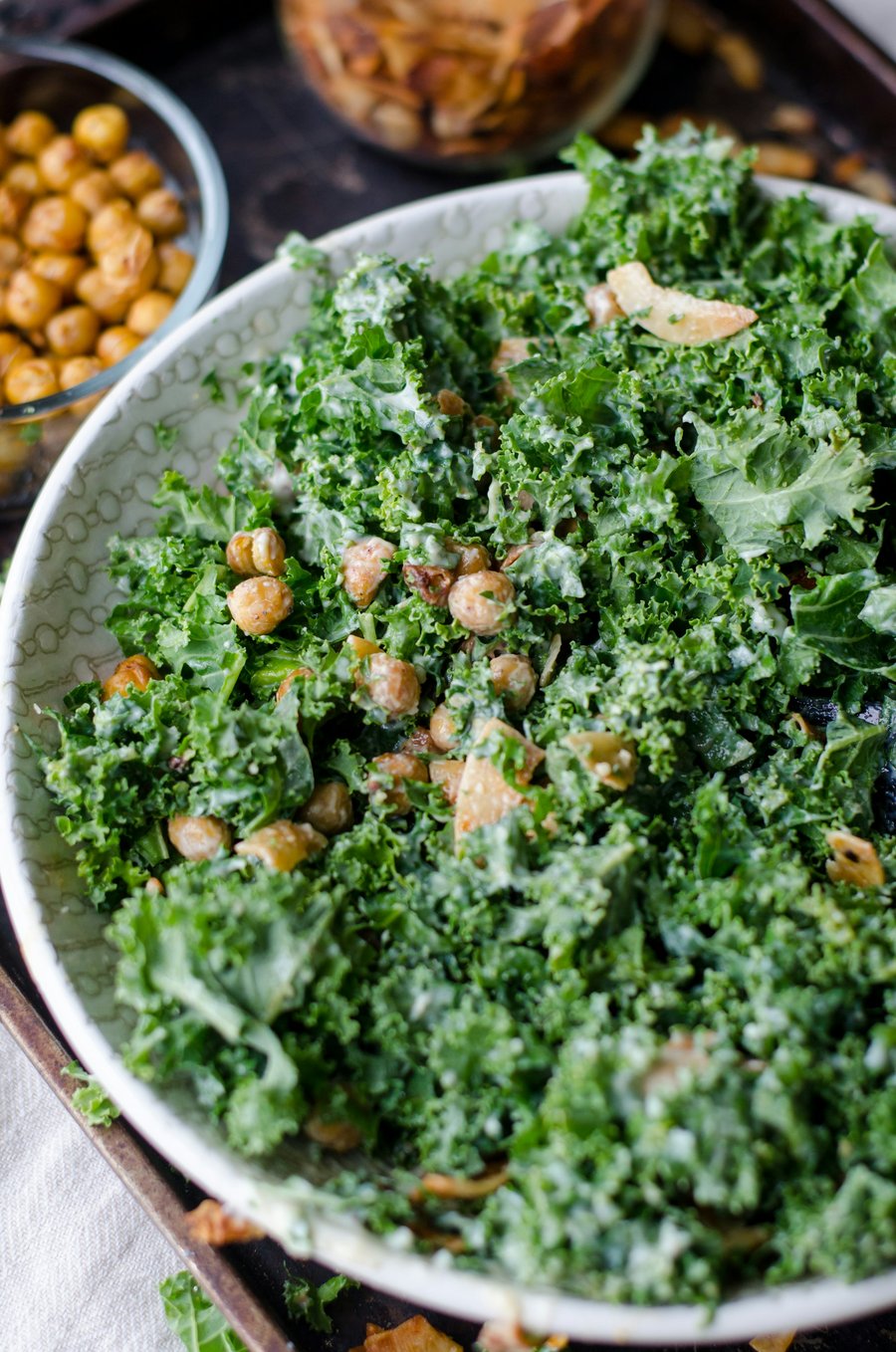What is folic acid?
Folic acid, also known as vitamin B9, is a water-soluble member of the B vitamin family and plays a crucial role in cell division and all growth and development processes in the body. It is also essential for DNA synthesis and cell regeneration. Folic acid is particularly important during pregnancy and in childhood. For this reason, pregnant and breastfeeding women are advised to carefully monitor their folic acid levels and use supplements if necessary. Folic acid also plays an important role in blood formation and homocysteine metabolism.
A folic acid deficiency can lead to anemia, developmental disorders during pregnancy, neurological disorders (depression etc...), exhaustion, mood swings and concentration problems.
Examples of foods rich in folic acid:
| Food | Amount of folic acid per 100g of food |
|---|---|
| eggs | 67 µg |
| wheat germ | 520 µg |
| Chickpeas | 340 µg |
| Nuts | 75 µg |
| Green leafy vegetables (e.g. spinach) | 145 µg |

Good to know
- If contraception is used, the need for many B vitamins, as well as folic acid, is generally increased. The contraceptive pill inhibits the utilization of folic acid and is considered a "folic acid robber".
- Women who wish to have children are recommended to take a folic acid supplement before stopping the pill. Without a supplement, it can take up to six months for folic acid levels to normalize after stopping the pill.
- Folic acid is sensitive to heat and light.
![[Report Bild]](/static/reportImages/folsaeure.jpg)